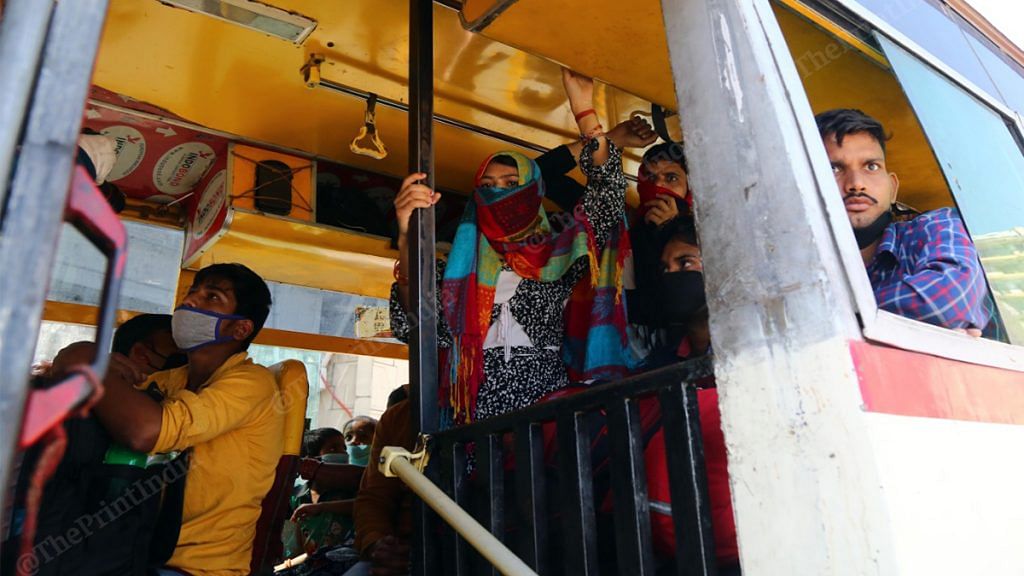New Delhi: A study predicting that as many as 12.5 to 24 crore people are likely to be infected by the novel coronavirus in India has landed in fresh controversy after Johns Hopkins University clarified that they were not associated with it.
The study titled ‘COVID-19 for India Updates’, which went viral on social media last week, carried logos of the US-based research organisation Center For Disease Dynamics, Economics & Policy (CDDEP) and Johns Hopkins University. It has also been published on the CDDEP website.
However, Johns Hopkins University Friday disassociated itself from the research. After a Twitter user asked the American university about the study, it said, “The use of our logo was not authorized in this case and JHU is engaging with CDDEP on it. Thank you”.
The use of our logo was not authorized in this case and JHU is engaging with CDDEP on it. Thank you.
— Johns Hopkins University (@JohnsHopkins) March 26, 2020
In an email to ThePrint, the CDDEP clarified that the report was co-authored by faculty at Johns Hopkins School of Public Health, but added that it did not reflect the official position of the institutions involved.
“We would like to clarify that the new report is co-authored by faculty at Johns Hopkins School of Public Health (JHSPH). The report uses a strong scientific modelling based on available data and clear assumptions. An earlier version of the report did not have the correct logo of Princeton University and therefore needed to be corrected. The updated logo has now been placed on the report and the work was indeed done at Princeton. As with all research, the report does not reflect any official position of the institutions involved. This is as per the clarifications issued by both JHSPH and Princeton on the report,” it said.
The report had also been published by the news agency IANS, and was picked up by NDTV and Business Standard. The National Herald also carried a report based on the study on its website.
Business Standard and NDTV deleted their reports soon after the university’s tweet. NDTV even furnished the clarification: “Based on Johns Hopkins update, we have deleted the IANS story on this report”.
Also read: Scientist says anti-epilepsy drug can be repurposed for Covid-19, writes to ICMR to test it
What the study predicted
The study used an “agent-based model” known as IndiaSim to draw its predictions about the impact of the infection. The study had listed seven observations based on these predictions, the most prominent among them was the ineffectiveness of the national lockdown.
“A national lockdown is not productive and could cause serious economic damage, increase hunger and reduce the population resilience for handling the infection peak. Some states may see transmission increase only after another 2 weeks and lockdowns should be optimized for when they could maximize the effect on the epidemic but minimize economic damage,” the study noted.
CDDEP is incidentally founded by Ramanan Lakshminarayan who had earlier this month criticised the government’s initial testing approach. “If people don’t know that they have the disease they will be out in the community spreading the disease,” he was quoted as saying.
Three days later, in an interview with Karan Thapar, he had estimated that India is bound to have 10,000 more undetected cases.
In another interview with Barkha Dutt, Lakshminarayan had said, “If PM believed official data he wouldn’t have drawn a World War II analogy.”
(The article has been updated with the CDDEP’s clarification about the report.)
Also read: Meet the Pune woman behind the first Indian Covid-19 testing kits
